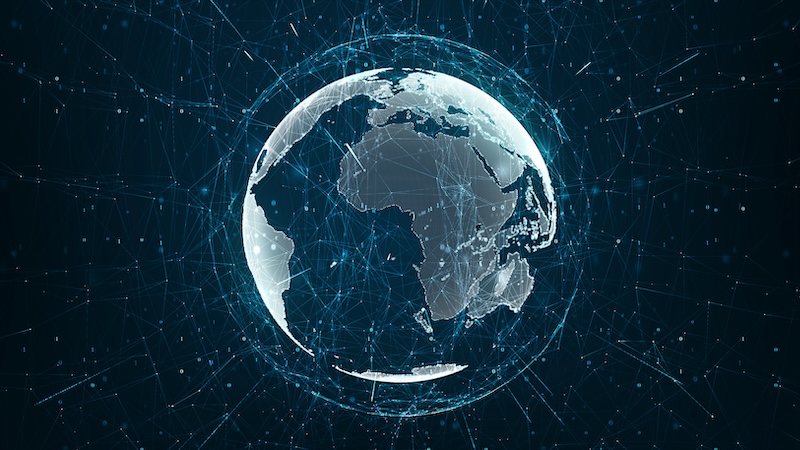Many people are afraid that artificial intelligence will threaten their jobs. Researchers are now painting an even more dystopian scenario: they fear that AI could make humanity extinct.
Since the release of ChatGPT at the latest, the topic of artificial intelligence has been playing an increasingly important role in society. The problem: many people are afraid of losing their jobs to AI.
But that’s not all. Numerous experts paint an even more dystopian scenario. They fear that artificial intelligence could make humanity extinct.
Artificial intelligence: Is humanity facing extinction?
A few years ago, researchers predicted that artificial intelligence could play a formative role in society. They were proved right. The release of ChatGPT triggered a veritable hype.
Since then, more and more people have been using AI tools in their day-to-day work. Others, however, fear losing their jobs to artificial intelligence. According to a survey of around 2,700 AI researchers, 58 percent of respondents are even considering the extinction of humanity.
AI is taking a frightening development
The probability of this is only around five percent. Nevertheless, the technical development is frightening. Co-author Katja Grace wrote:
It is an important signal that most AI researchers do not think it is very unlikely that advanced AI will destroy humanity.
The survey participants were previously asked to give their views on possible AI developments and their consequences. For example, around 50 percent estimate that artificial intelligence will write songs instead of human musicians in the future.
When will artificial intelligence be better than humans?
According to the survey, most experts believe that by 2047 at the latest, an AI will be developed that will outshine humanity.Such a risk is therefore around 50 percent. In addition, all human activities could theoretically be completely automated by 2116. Forecast: also 50 percent.
In turn, 70 percent of AI experts are concerned about the potential risks of AI. Deepfakes, i.e. image and video manipulation, are considered particularly worrying.
Artificial intelligence also promotes false information. Researcher Émile Torres from Case Western Reserve University, for example, warns: “We already have the technology here and now that could seriously undermine democracy.”










